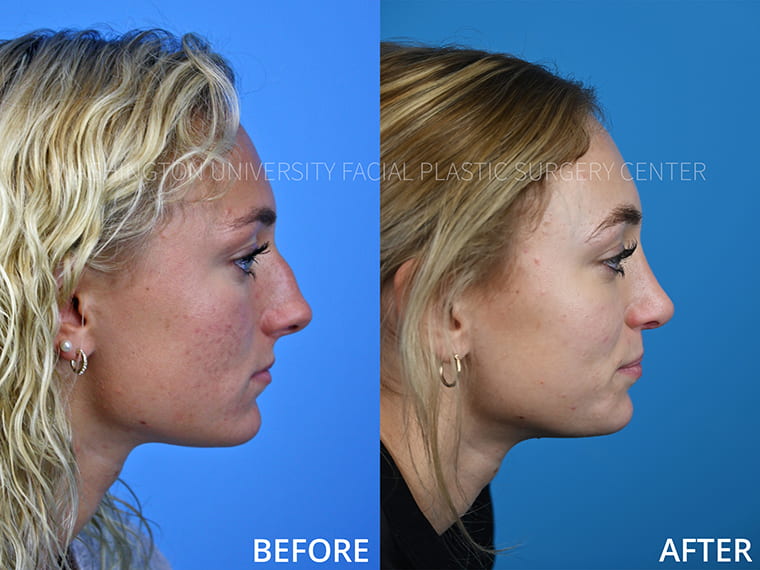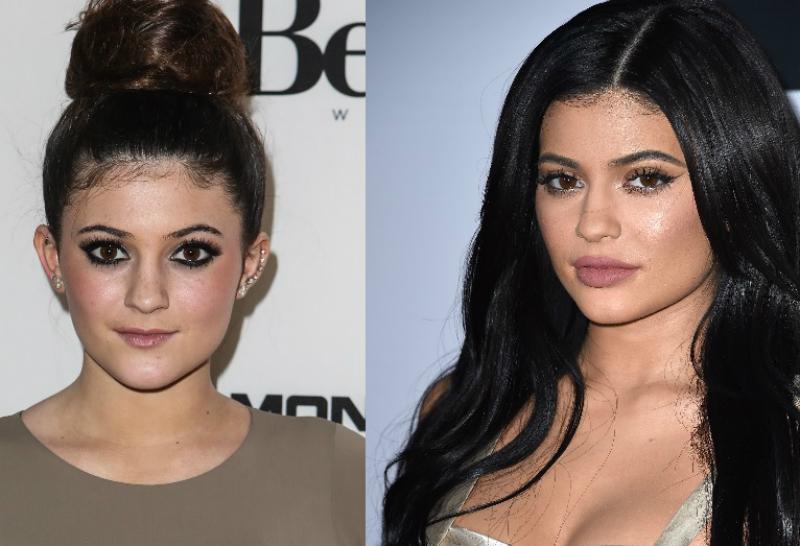Checking Out the Psychological and Social Factors That Drive People to Think About Cosmetic Surgery as a Method of Improvement
The decision to pursue cosmetic surgical procedure frequently extends past plain looks, linking with social and emotional characteristics that merit detailed assessment. Factors such as self-confidence, pervasive societal elegance requirements, and the pervasive influence of social media converge to form private inspirations for surgical improvement.
The Function of Self-worth
Self-worth substantially affects a person's decision to seek cosmetic surgical treatment. Individuals with reduced self-confidence commonly perceive themselves in an unfavorable light, causing feelings of insufficiency concerning their physical look. This adverse self-perception can drive them to look for surgical treatments as a technique of improving their self-image. The wish for enhancement in one's look is frequently linked to an idea that such changes will boost their general self-regard and self-confidence.

Ultimately, the function of self-esteem in the decision-making procedure concerning cosmetic surgical treatment highlights the complicated interplay between body picture, personal fulfillment, and psychological health. Recognizing this partnership is critical for health care specialists to guarantee that patients are making educated decisions rooted in practical expectations and psychological wellness.
Societal Elegance Criteria
Influenced by prevalent media representations and cultural narratives, societal appeal standards play a vital role in shaping individuals' understandings of their own bodies. These criteria are often characterized by an idyllic form of charm that stresses characteristics such as youthful vigor, slimness, and symmetry. As these suitables are bolstered through numerous networks, including advertising and marketing, movie, and television, individuals often internalize these messages, bring about discontentment with their all-natural look.
The implications of these social standards extend past aesthetic choices; they can influence self-confidence, mental health and wellness, and interpersonal connections. Individuals who perceive themselves as disappointing these standards may experience sensations of insufficiency, prompting a desire for cosmetic surgery as a means of attaining societal authorization. This quest is often fueled by the idea that complying with these ideals will certainly enhance not just physical appearance yet also social standing and personal fulfillment.

Impact of Social Media Site
The effect of social elegance requirements is further amplified by the increase of social networks platforms, where curated photos and idealized depictions of charm are common. Individuals are continuously exposed to filteringed system and modified photos, which frequently portray unattainable physical characteristics. This exposure grows a culture of comparison, leading individuals to evaluate their very own appearance against these commonly impractical standards.
Social media influencers and celebs frequently advertise cosmetic treatments, stabilizing the notion that medical enhancements are a viable means for accomplishing societal perfects (plastic surgery rancho cucamonga). The visibility of these enhancements can develop an understanding that you can try this out undertaking cosmetic surgery is a basic practice, thereby influencing people to think about similar treatments as a path to enhanced self-confidence and social acceptance
Additionally, the interactive nature of social media sites enables instant responses via likes and comments, better reinforcing the need to satisfy prominent charm standards. Such interactions can worsen feelings of inadequacy and drive people towards plastic surgery as a way of getting recognition. Ultimately, social media sites plays a crucial function fit perceptions of beauty, which significantly influences the decision-making processes bordering plastic surgery.

Social Viewpoints on Look
Throughout numerous cultures, understandings of appearance are deeply rooted in historic, social, and financial contexts, forming individuals' sights on beauty and desirability. In several societies, appearance offers as a significant pen of identification, affecting social condition, specialist chances, and individual connections. For instance, in some cultures, light skin is often linked with wide range and opportunity, while others might idealize darker complexion as signs of stamina and credibility.
Additionally, standard charm requirements are commonly perpetuated with social narratives, media representations, and family influences, causing differing ideals throughout different regions (plastic surgery rancho cucamonga). In Western societies, the focus on youth and fitness usually drives individuals towards aesthetic enhancement, while in particular Eastern societies, even more subtle changes straightened with conventional aesthetics might be preferred
Globalization and the spreading of digital media have even more complicated these characteristics, creating a hybridization of charm perfects that transcends geographical borders. As individuals significantly browse these social stories, the pressure to satisfy particular appearance requirements can cause the need for cosmetic surgical treatment, reflecting a complex interplay of social worths and individual ambitions. Comprehending these cultural perspectives is important in addressing the motivations behind cosmetic surgical procedure considerations.
Psychological Impacts of Aesthetic Surgical Treatment
Many people looking for cosmetic surgery report experiencing profound emotional influences that can significantly change their self-perception and psychological health - plastic surgery rancho cucamonga. The desire for physical enhancement often stems from underlying issues such as low self-worth, body dysmorphic problem, or societal pressures concerning charm requirements. For some, the instant post-operative stage can lead to a momentary boost in positive self-image and contentment with their appearance, promoting a feeling of empowerment
Nonetheless, these favorable sensations might not be withstanding. Research study shows that while some people experience boosted self-confidence, others might deal with intense anxiousness or clinical depression if their expectations are not met. This disparity can arise from unrealistic suitables bolstered by media representation and social stories bordering appeal.
Moreover, the emotional implications of plastic surgery expand beyond the person. Relationships with friends and family might be strained as social characteristics change, leading to sensations of seclusion or alienation. Inevitably, important link the mental impacts of plastic surgery are complicated and diverse, needing mindful consideration by both potential clients and doctor to ensure enlightened decision-making and sensible assumptions.
Verdict
Finally, the choice to go after cosmetic surgery is considerably affected by a mix websites of self-esteem concerns, societal appeal standards, and social perspectives on look. The pervasive reach of social media sites additionally intensifies these stress, advertising impractical suitables that people frequently strive to obtain. Recognizing these social and mental variables is necessary for resolving the motivations behind plastic surgery, highlighting the requirement for a much more nuanced discussion bordering charm and self-acceptance in contemporary society.
The decision to go after cosmetic surgery frequently extends past simple looks, linking with mental and social characteristics that warrant thorough evaluation. Ultimately, social media plays an essential duty in forming understandings of appeal, which significantly influences the decision-making procedures bordering cosmetic surgical treatment.
As individuals progressively browse these social stories, the stress to adapt to certain appearance standards can lead to the desire for cosmetic surgical treatment, reflecting an intricate interplay of individual desires and cultural worths.In final thought, the choice to go after cosmetic surgery is considerably influenced by a mix of self-confidence concerns, social appeal standards, and social viewpoints on appearance. Understanding these psychological and social elements is crucial for resolving the motivations behind cosmetic surgical procedure, highlighting the need for a much more nuanced conversation surrounding charm and self-acceptance in contemporary society.